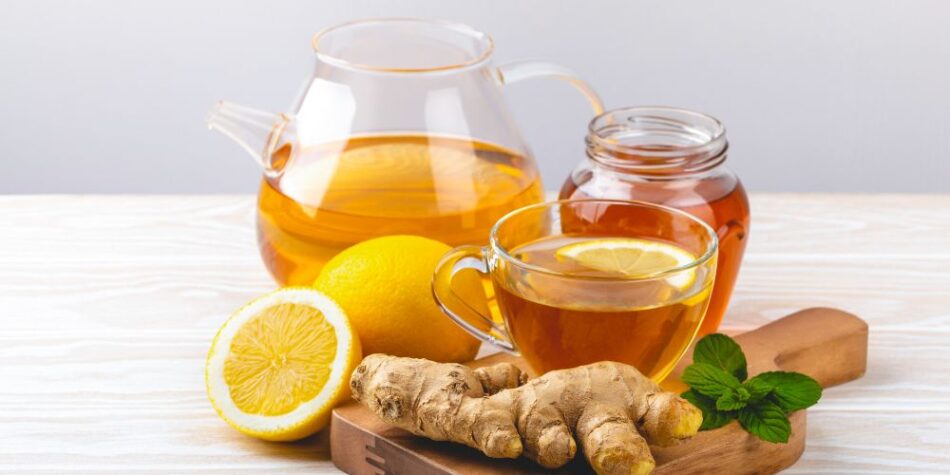It’s recognized that ginger boosts the immune system. This thesis is now supported by fresh findings from the Leibniz Institute for Food Systems Biology at the Technical University of Munich (Leibniz-LSB@TUM). White blood cells were put on high alert by a spicy ginger component in scientific research. The study demonstrates that this mechanism involves a receptor type that is important for the sense of unpleasant heat stimuli and the perception of spiciness in foods.
Ginger is also getting popular in Germany, whether as a food or a medicinal herb. The annual import volume of the fruity-hot root has increased to almost 31,600 tons during the last ten years, according to the German Federal Statistics Office. While ginger consumption has increased, it is debatable whether typical consumption levels are sufficient to have health effects. If so, what substances and chemical mechanisms are involved?
The ginger component enters the blood

Veronika Somoza, director of the Leibniz Institute in Freising, Germany, headed a team that undertook a comprehensive study to assist answer these concerns. The initial study’s findings, for which first author Gaby Andersen from the Leibniz-LSB@TUM also played a significant part, served as the basis for this one. According to the study, a liter of ginger tea causes a considerable amount of spicy ginger chemicals to reach the blood roughly 30 to 60 minutes later. The plasma concentrations of gingerol, which varied from 7 to 17 micrograms per liter, were by far the highest levels.
The so-called TRPV1 receptor, an ion channel found on the surface of nerve cells, is thought to be how the pungent substance exerts its “taste” effect. This receptor responds to painful heat stimuli as well as to pungent substances from chili and ginger. The research team examined whether [6]-gingerol affects the activity of these immune cells as some studies suggest that white blood cells also carry this receptor.
White blood cells are stimulated by a pungent substance
The team was able to identify the receptor on neutrophil granulocytes in the first step. Almost two-thirds of white blood cells are made up of these cells, which are used to fight off invasive microorganisms. Further laboratory tests conducted by the research team also revealed that the cells can be made to become hyper-alert at concentrations as low as 15 micrograms of gingerol per liter.
As a result, when exposed to a peptide that mimics a bacterial infection, the stimulated cells responded roughly 30% more strongly than control cells. A TRPV1 receptor-specific inhibitor was added, and this altered the effect that gingerol had on the body.
Thus, very modest gingerol concentrations are sufficient, at least in studies, to influence the activity of immune cells through the TRPV1 receptor. According to Gaby Andersen, these quantities in blood might theoretically be attained by drinking around a liter of the ginger tea. Our findings thus lend credence to the idea that consuming regular doses of ginger may be sufficient to influence immune system cellular responses. Veronika Somoza concludes: “Yet, there are still a lot of open concerns at the molecular, epidemiological, and medical levels that need to be solved with the aid of contemporary food and health research.
In the journal Molecular Nutrition & Food Research, the study has been published.


